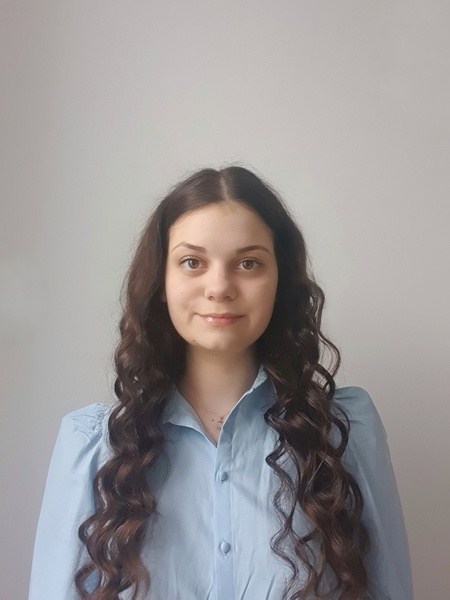Earlier this year I had the honour of being part of the School of Law’s mediation team, achieving second place amongst 18 teams at the highly competitive UK Student Mediation Competition.
This rewarding journey began with a unique opportunity to shadow Scotland’s best female commercial mediator, providing me with an insight into mediation as an alternative dispute resolution method. At the time, I was already enrolled in the DPLP level course Negotiations and Mediation and contemplated participating in one of the alternative dispute resolution competitions.
Eager to further my knowledge and skills, I attended an interactive masterclass led by Patrick Achor, a Teaching Fellow at the University who has long-standing expertise in the field. This experience honed my interest in mediation and affirmed my decision to join the competition.
Alongside three other talented professionals - Sophie O’Neill, Maria Gancheva and Tatyana Yesipova – we engaged in intensive training sessions both online and in-person under Patrick’s mentorship. The sessions allowed us to learn key techniques in facilitating a mediation session, emphasising the importance of good listening skills, creating an environment where parties feel heard and understood, and empowering them to take charge of the process.
These skills were vital for the competition, which was hosted by former winners SOAS University of London and consisted of a panel of expert judges, including legal professionals and CEDR-accredited members.
During the competition, our team facilitated three rounds of mediation sessions where students from different universities role-played for us. We needed to encourage co-operation between the parties, all the while adhering to the fictional scenarios and background information that we received a week prior to the competition.
Time management, guiding the parties toward common ground and upholding confidentiality were essential as we extracted private information from the role-players. Each session involved two team members co-mediating, while the other role-played for a competing team. I was tasked with role-playing through the first mediation session and then co-mediated the next two session with my teammates Sophie and Maria.
The process was challenging as, on the one hand we had to balance the parties' interests and personalities, and on the other maintain impartiality and showcase our mediation skills, without losing any of our team synergy.
Following the competition, the team was invited to a formal dinner, providing us with an opportunity to connect with peers from across the UK and engage with the expert judges. Our efforts culminated in the team being awarded second place, which was a truly memorable experience that we will always cherish.
Looking back, the competition and the underlying training equipped us with transferrable skills, such as working in a team setting and the ability to identify and improve common ground between parties, fostering a greater understanding of conflict management. These skills would be beneficial in both our interpersonal relationships, as well as in our journeys as legal professionals. The feeling of seeing our hard work pay off and receiving this recognition was a wonderful celebration for the team’s efforts.
I am grateful to the School of Law for the opportunity to represent the University of Aberdeen and thankful to Patrick for his guidance that ultimately led to the team’s success.
It is a unique experience that I am delighted to have been part of and hope others will be inspired to explore alternative dispute resolution and, hopefully, even enroll in one of the competitions for themselves.



